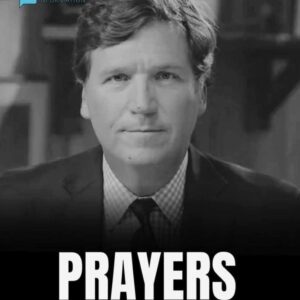I. Senator Schiff’s Blunt Critique of the Democratic Response
A. The Criticism Laid Bare
During his interview, Schiff did not mince words. He asserted that the absence of a coordinated response during President Trump’s recent address represented a significant misstep for the Democrats. “I think the lack of a coordinated response in the State of the Union was a mistake,” Schiff declared. He contended that by allowing Trump an uninterrupted hour and 40 minutes on the podium, the Democrats forfeited a critical opportunity to connect with voters contending with everyday challenges. For Schiff, this failure was not merely a procedural lapse but a missed chance to provide tangible solutions to problems like rising living costs, soaring rent, and the chronic inaccessibility of healthcare services.
B. Addressing the Real Needs of American Families
Schiff emphasized that the nation’s working families—those striving to meet rising expenses and secure a better future—received no meaningful solutions from the Democrats during the address. Instead of proposing a robust, inclusive policy platform capable of alleviating economic pressures, the party’s messaging was mired in internal disputes and partisan bickering. Schiff criticized prominent figures within his own party for indulging in self-criticism rather than championing policies that make a real difference for the American people.
He underscored that the crux of the matter lies not in partisan point-scoring but in offering clear, actionable policies to improve the economic well‑being of everyday citizens. “We need policies that can truly help Americans—and we need to communicate those policies effectively,” he insisted. His remarks resonated with many who believe that when it comes to securing economic prosperity, theoretical debates have little value if they do not translate into practical improvements in people’s lives.
II. The Democratic Dilemma: Fragmentation and a Lack of Vision
A. Internal Disunity and the Cost of Division
Schiff’s comments come at a time when the Democratic Party is increasingly perceived as fragmented and unfocused. Internal divisions, incessant debates, and a lack of clear strategic direction have undermined the party’s ability to form a cohesive narrative that appeals to a broad swath of the American electorate. Schiff’s trenchant critique noted that instead of presenting a comprehensive agenda to tackle critical economic issues, the party has been preoccupied with internal quarrels and superficial criticism of the Trump administration’s policies.
Some party insiders and strategists have even proposed a more passive approach, with a few suggesting that the Democrats should “play dead” until a more favorable moment arises. However, Schiff’s impassioned rhetoric argues that such passivity is counterproductive, ultimately strengthening the opposition by allowing President Trump to dictate the terms of the debate. In his view, the Democrats must abandon their internal squabbles and unite behind a clear, bold agenda that directly addresses the concerns of American families.





